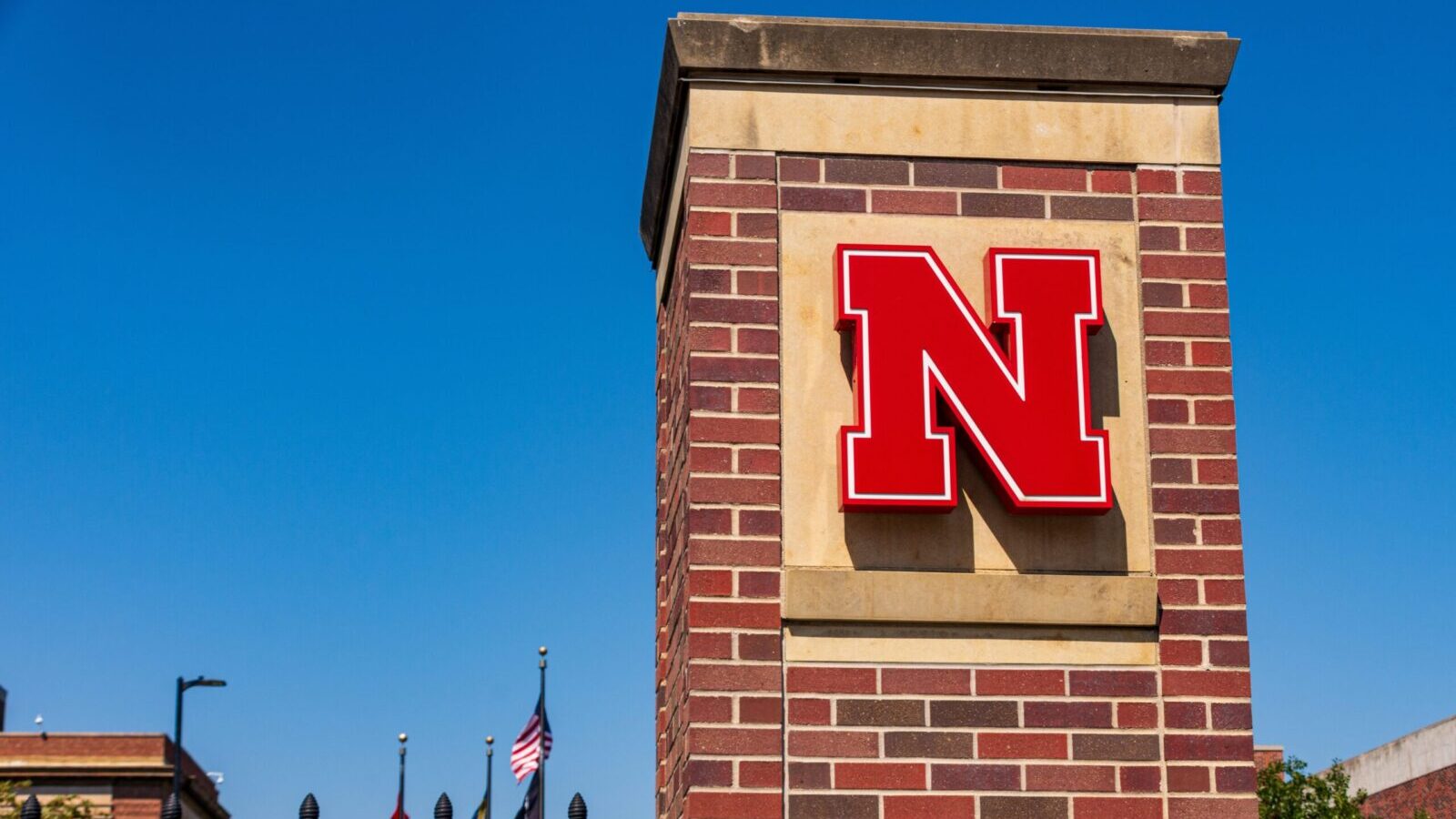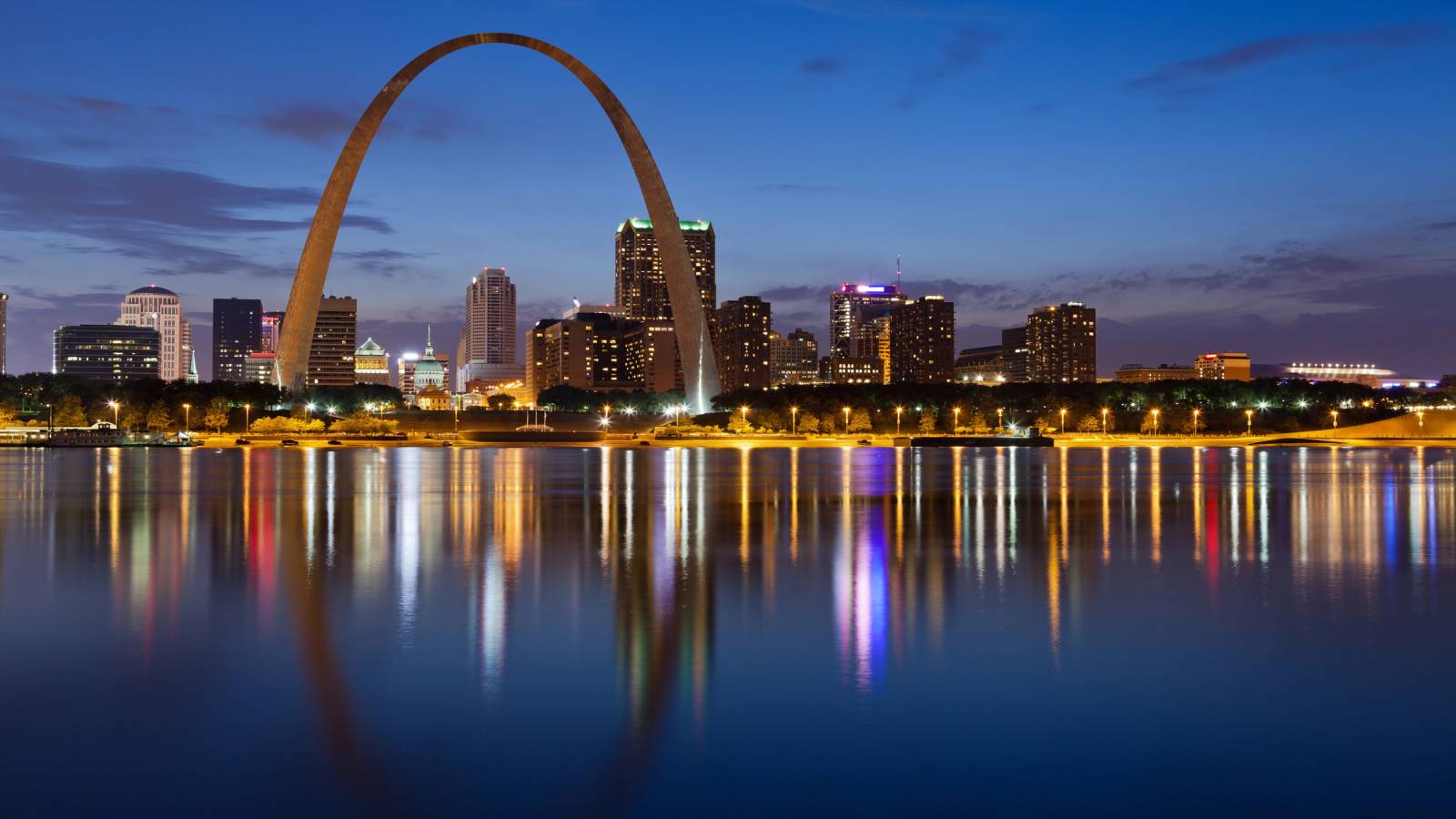Nebraska Lawmakers Advance Constitutional Amendment To Allow Online Sports Betting
If the measure makes it to the floor and is approved, it will go to the voters in November
3 min

On Monday, Nebraska lawmakers advanced a proposed constitutional amendment that could pave the way for the legalization of online sports betting in the state. The General Affairs Committee moved forward with an amended version of Legislative Resolution 3CA (LR3CA), a measure crafted by Sen. Eliot Bostar, on a 5-2 vote during a special legislative session.
The proposal comes after years of debate and attempts to bring legalized sports betting to Nebraska, a state known for its conservative approach to gambling. Under Bostar’s plan, operators would be taxed at 20%, with supporters estimating that this could generate approximately $32 million in new revenue for the state annually.
A significant portion of these funds, 90%, would be allocated to the Property Tax Credit Cash Fund. Property tax relief is among the state’s most pressing concerns.
The journey of LR3CA
Initially, LR3CA faced challenges garnering sufficient support within the General Affairs Committee. However, Sen. John Cavanaugh proposed a solution that significantly improved the bill’s chances.
Cavanaugh suggested making the language of the amendment more permissive. Originally, the measure required the legislature to legalize online sports betting if voters approved the constitutional amendment. Cavanaugh’s adjustment, however, allowed the legislature the option to legalize online sports betting, giving lawmakers greater flexibility.
This strategic change was crucial in advancing the bill out of the committee, but it was not without opposition. Sen. John Lowe of Kearney, who chairs the committee, was one of the two members who voted against LR3CA.
Lowe expressed concerns about the timing and relevance of the measure, arguing that it was not germane to the reasons the special legislative session was convened. He suggested that the issue would be more appropriately addressed during the next regular legislative session.
Moreover, there is no guarantee that LR3CA will make it to the floor for debate during this session. Speaker John Arch indicated that it would be up to a majority of the 49-member legislative body to decide whether LR3CA would be debated.
The legislature is scheduled to begin deliberations on the Revenue Committee’s property tax reduction package next. The decision to extend the session to consider other bills, including LR3CA, lies in the hands of the lawmakers.
Past attempts at legalizing sports betting in Nebraska
The path to legalizing sports betting in Nebraska has been fraught with obstacles, reflecting the state’s cautious approach to expanding gambling. In 2020, Nebraska voters approved a ballot measure allowing casino gambling at licensed racetracks. This measure, however, did not include provisions for sports betting, and efforts to include sports wagering have faced resistance.
In the 2021 legislative session, Sen. Justin Wayne introduced a bill (LB 561) to regulate sports betting in Nebraska as part of the broader implementation of the 2020 casino gambling measure. The bill sought to allow both in-person and online sports betting, but it encountered opposition from lawmakers concerned about the potential social and economic impacts of expanded gambling.
Although retail sports betting survived in LB 561, online sports betting didn’t. Gov. Pete Ricketts signed the bill into law on May 26, 2021, but left the future of online betting in limbo.
Betting on in-state college sports betting is also out of the equation. LB 561 banned it and, despite efforts to reverse that decision, there’s little chance it will be added in the near future.
Critics of sports betting in Nebraska have raised concerns about problem gambling and the potential for increased gambling addiction. Religious groups and some conservative lawmakers have also voiced opposition, arguing that expanded gambling conflicts with the state’s values. These concerns have contributed to the failure of past attempts to legalize sports betting in the state.
Moreover, Nebraska’s unicameral legislature, which requires a higher threshold of support for passing bills than in many other states, has made it more challenging to advance gambling-related legislation. The conservative nature of the state’s electorate and the powerful influence of anti-gambling advocacy groups have also played significant roles in stymying these efforts.
Looking ahead
If LR3CA eventually makes it to the floor and is approved by the legislature, it will then go to the voters as a constitutional amendment. Should the voters approve it, the legislature would have the option, but not the obligation, to legalize online sports betting.
The potential $32 million in tax revenue could be a significant incentive for lawmakers and voters alike. However, the path forward remains uncertain, with significant debate likely ahead on whether Nebraska should join the growing number of states that have embraced online sports betting.





